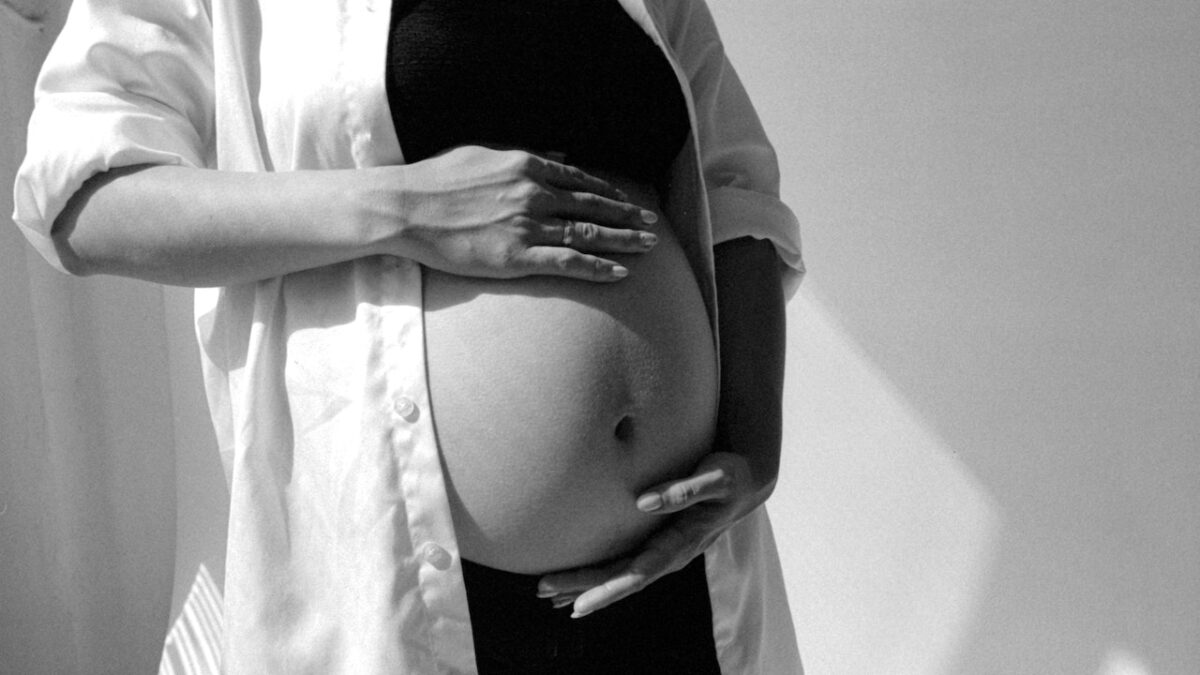American policymakers need to get serious about countering the threat from communist China. While the House China Select Committee has announced it will be investigating Chinese investment in U.S. research and academia, farmland, entertainment, social media, and defense contracts, it should also examine the Chinese “rent-a-womb” industry in America.
Increasingly, Chinese nationals are using American surrogates to bear their children. Thanks to in vitro fertilization, they don’t even need to leave China.
The practice arises from differences in Chinese and American laws and may be driven by both the desire to become parents and the desire for U.S. citizenship. But there is a national security risk involved too. Washington has no idea who these children or their parents are.
The Allure of America
In China, decades of a strict “one child” policy have produced an aging population, with many citizens past childbearing age. Yet China bans all forms of surrogacy. What’s an infertile couple wanting children — or men wishing to become fathers but unable to find a willing female partner — to do? Many turn to American surrogates as the solution. Chinese leaders have no problem with that.
Seeking to further boost the birthrate, Sichuan and Guangdong provinces have relaxed their birth registration requirements. Marriage is no longer required to receive hukou — China’s education and social services. And parents can register as many children as they want without penalty.
On top of that is the lure of America’s “birth citizenship” policy. Chinese children birthed by an American surrogate gain and maintain the full rights of U.S. citizenship just by being born here — even though they will be raised in China. And there’s a bonus: When the child turns 21, the parents will have direct access to citizenship through a green card application.
Destination California
The Chinese “rent-a-womb” industry is now big business — especially in California. Many fertility facilities in the Golden State boast that they’re a “top destination for international surrogacy thanks to the favorable legal, societal, and medical conditions of the United States.”
This should come as no surprise. The Los Angeles Times has covered the phenomenon as far back as 2012. NPR has filed multiple stories since 2014 (here, here, here, here, and here). In 2019, The New York Times published a Leslie Tai op-ed — and her documentary film — about a California surrogacy facility that targets Chinese nationals. CNN interviewed a California surrogate about her experience carrying a child for Chinese nationals. So have local media outlets, not just in California, but in Phoenix and elsewhere.
It’s now common for surrogacy agencies in California to offer website language options in Mandarin. In many cases, the Mandarin-language version offers different videos, images, and text. Facilities with strong ties to China through residency, education, or employment history are also common.
Even though surrogacy is illegal in China, three California facilities — Global Fertility, Mlang Surrogacy, and Sunshine Surrogacy — list offices in China. Another California agency, Angels Creation Reproductive Center, shows an office in Japan which, given the website’s Mandarin language option, might be a front for Chinese clients. (At this point, we have no way of knowing.)
Each of these facilities is in good standing with American reproductive medicine groups. Examples include the American Society for Reproductive Medicine (ASRM), Seeds: Growing Ethics, Resolve, or the Society for Assisted Reproductive Technology.
If you think these groups are agnostic on the China question, think again. The ASRM offers a “Chinese Special Interest Group” with an active membership and clinic endorsements. This sub-group aims:
to provide opportunities for further training, research, and clinical studies in the field of reproductive medicine within and outside China; and to promote the exchange of information among physicians and scientists of Chinese origin within and outside China and among the general members of the ASRM.
Still, no laws require states, fertility facilities, or reproductive medicine groups to report foreign surrogacy contracts.
The Agricultural Foreign Investment Disclosure Act requires data on foreign investment in U.S. land. Why not, at a minimum, pass a similar law tracking babies born to foreign nationals? This would ensure that the U.S. knows who the “purchasing parents” and their children are. A similar law should hold U.S. fertility facilities and reproductive groups accountable for their role in promoting this industry.
The China Select Committee’s focus on Chinese investment is supposed to protect American interests. To achieve this goal, Congress must consider Chinese nationals who pay tens of thousands of dollars each to rent the wombs of American women. This growing practice offers Beijing a long-term pathway to subvert U.S. citizenship and infiltrate key industries.









